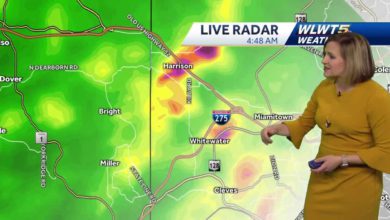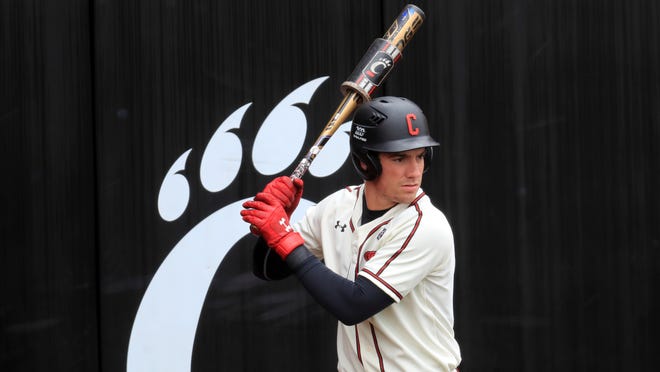

A 3-year-old was struck by a car Friday afternoon on U.S. 62 north of Hamersville in Brown County, said an Ohio State Highway Patrol dispatcher.
The girl's injuries are considered not life-threatening. She was flown by medical helicopter to an area hospital.
Officers were dispatched to the crash at 3:09 p.m., said the dispatcher. Hamersville is nearly 40 miles from Cincinnati and east of Bethel.
Source link








